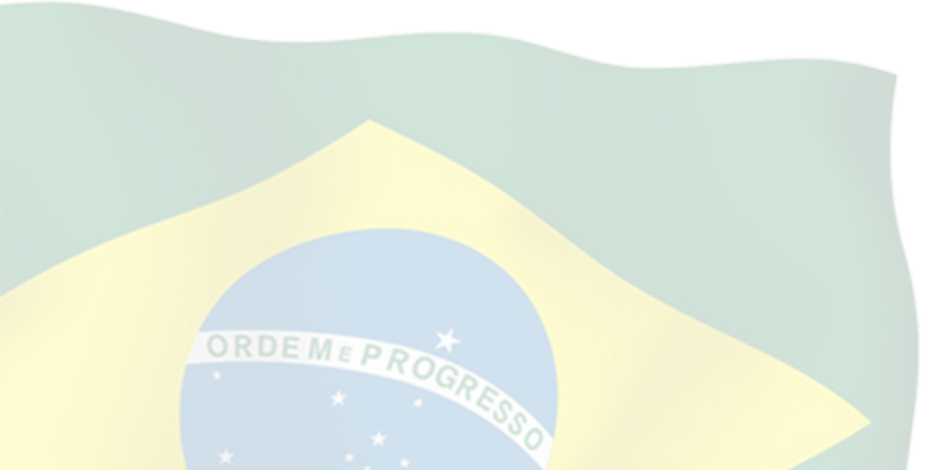The Portuguese preposition de shows up everywhere. As you know, I DISLIKE digging into linguistics unless it's necessary to move forward / to understand something. *I don't actually dislike studying the nature, structure, and variation of language, including phonetics, phonology, morphology, syntax, semantics, sociolinguistics, and pragmatics (!!!). It's that it doesn't really help you get to fluency. In fact, knowing too much about the grammar structure of Portuguese can actually slow you down. It's just too much to take in and is best enjoyed over a caipirinha and some Bossa Nova.
The Semantica approach is to make the point with examples.
The Portuguese preposition de can change the meaning of the sentence.
One very useful way that de can be used is to express: BY.
de ➜ BY
You're literally saying: Let's go of car.
*Note that in English you could translate these various ways: I'm going by bus OR, I'm going to catch or take the bus. If you wanted to say to take rather than, by this becomes:
de ➜ TO WEAR
Watch how de can be used when talking about what to wear(!)
You're literally saying: I'm going of skirt.
de ➜ TO & FROM
LONGE + de / PERTO + de
When you add the de to words like longe, perto, ao lodo, em frente, atrás, em baixo, em cima... It means of/from/to. These are called adverbs of position, place & location. The de makes it clear where something is positioned or located.
*daqui = de + aqui
The same goes for lots of other words:
to the side of ➜ ao lado de
in front of ➜ em frente de
behind ➜ atrás de
below ➜ em baixo de
on top of ➜ em cima de
And so on.
ANTES + de / DEPOIS + de
The same goes for TIME as it does for space. The de is usually placed after antes, depois to express before and after.
*Notice that de trabalhar translates as working. This is explained well in the post about the use of the infinitive tense. If you had used antes do trabalho instead you would be saying, I'm going to drink coffee before work. *The DE + VERB IN THE INFINITIVE = ING (working, running, sinking, drinking). Now you will recall that we use ESTAR + VERB IN PRESENT PROGRESSIVE to say things like, I'm working (estou trabalhando) - this is it's own tense called the Present Progressive that was actually "invented" by Brazilians as the language evolved away from the original Portuguese of Portugal. As a matter of fact, in Portuguese Portuguese (of Portugal) the way you say I am working is, Eu estou DE TRABALHAR. I've probably lost you here and don't break your head over this it's really a nerdy linguistic thing 🙇🏼♂️.
Verbs that usually combine with de
There are several verbs that you almost always see together with de or, that have to be used with de by LAW!
GOSTAR + de
You'll (almost) never see GOSTAR without a de. It's the law. I understand it like this: When you like something, you like of something.
If there's an article after the de they combine (contract):
*The only way you can avoid using the de is to speak super-succinctly:
GOSTAR + de is such a big deal that it's got its own post.
PRECISAR + de
When you need something, you need of something:
This is not a LAW like GOSTAR de is. The only time the de is not needed is when it's immediately followed by another verb:
ACABAR + de
ACABAR means to finish, to end. Without a de, it's used to say things like:
When you include the de it takes the meaning of, "to have just" :
MUDAR + de
MUDAR means to change. Using it without a de you can say things like:
Using it with the de you can say for example:
TROCAR + de
There are plenty of others such as TROCAR that you also see used together with de.
ESQUECER + de
The last one I'm going to present here is ESQUECER.
I'm fascinated by the way DE can be used together with verbs in the infinitive to say things that aren't at all intuitive! Freshen up your caipirinha and step into this all at your own risk.
I dare you to try.

Fluency in 10 minutes a day?
Learning commitments are easy when you're into Semantica.

Learning Portuguese doesn't have to be hard!

Comentários